CAL FIRE Announces Cutting Edge Scientific Research Grants
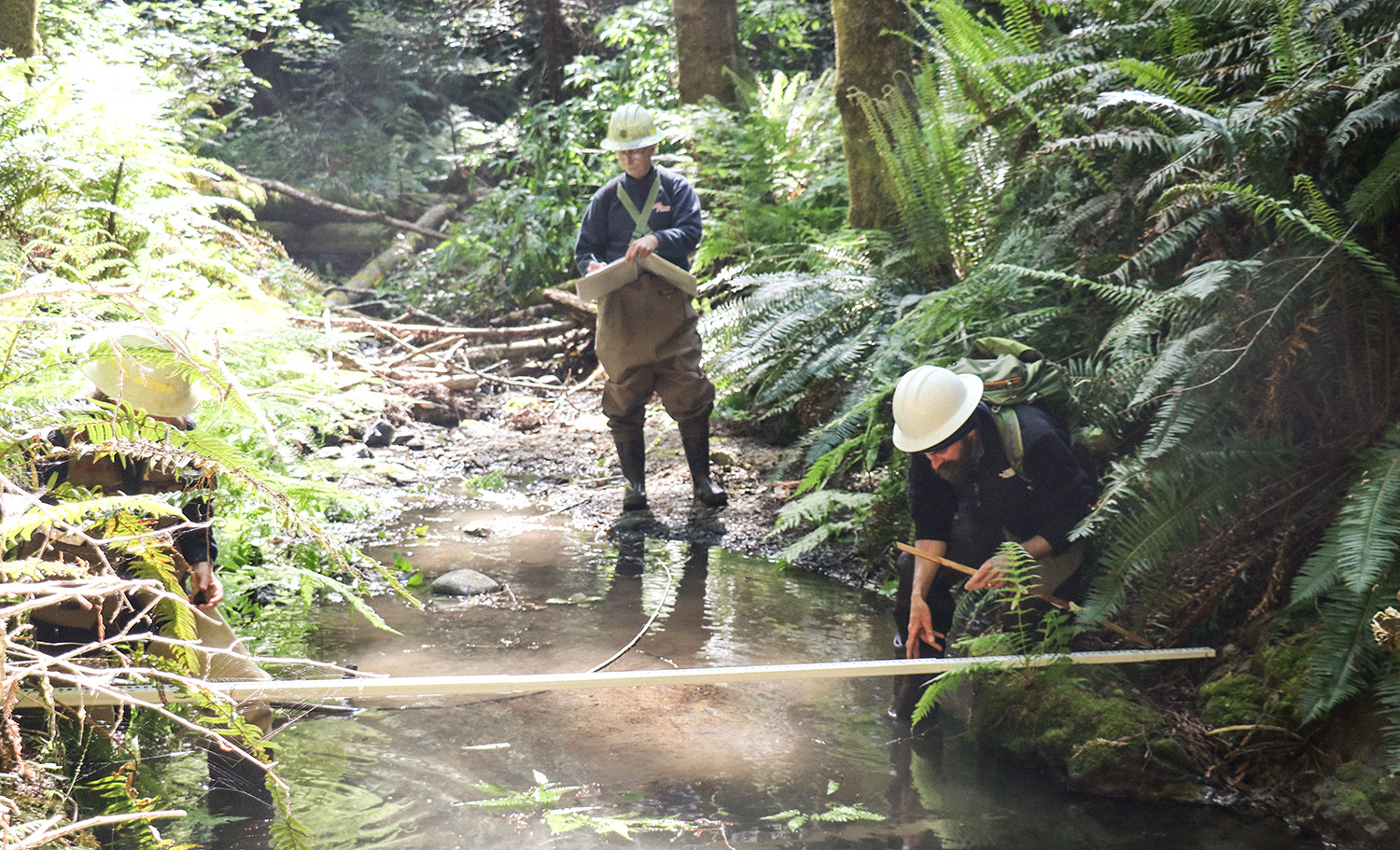
CAL FIRE Announces Cutting Edge Scientific Research Grants
CAL FIRE’s Forest Health Research Program has awarded $4.4 million to support 13 scientific research studies that will improve our understanding of fire severity, post-fire restoration, and effectiveness of forest treatments. The scientific information generated from the program will support the efforts of the California Wildfire and Forest Resilience Task Force and is critical for effective forest and fire management.
Proposed Regulation Aims to Expand Insurance Coverage in High Wildfire Risk Areas
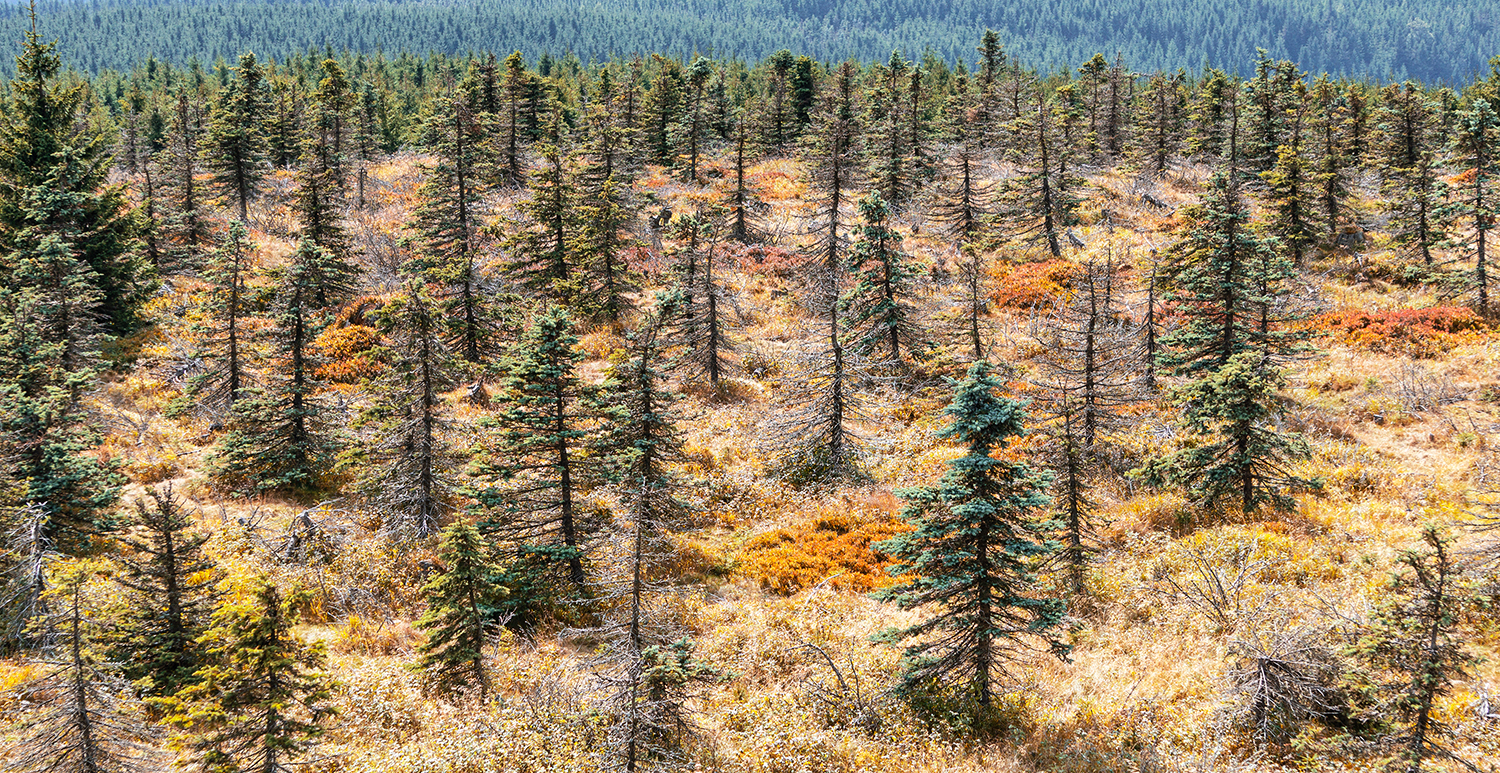
Proposed Regulation Aims to Expand Insurance Coverage in High Wildfire Risk Areas
On June 12, the California Department of Insurance announced a new draft regulation to get more insurance coverage options for Californians in areas particularly threatened by wildfires. This new regulation will require that insurers that use new catastrophe modeling must write more policies in distressed areas, with larger insurance companies required to insure properties in distressed areas at a rate equal to 85% of the insurer’s statewide market share. Governor Newsom provided his support for the regulation, which is part of the Sustainable Insurance Strategy, a package of reforms to strengthen California’s marketplace and maintain strong consumer protections.
NFWF Announces 9 Large Watershed Planning Grants Totaling $53 Million for California National Forests

NFWF Announces 9 Large Watershed Planning Grants Totaling $53 Million for California National Forests
On June 24, the National Fish and Wildlife Foundation (NFWF) announced $53 million in grants to protect and restore forests and watersheds in California using voluntary, targeted headwater resilience planning and monitoring. The grants leverage $31.4 million in matching contributions, for a total conservation impact of $84.4 million. The awards were made possible by a first-of-its-kind agreement between the USDA Forest Service and NFWF. This effort pools multiple funding sources from public and private organizations to meet the level needed for effective landscape-scale projects to tackle California’s wildfire crisis.
Lake County Leverages Federal Support for Local Action
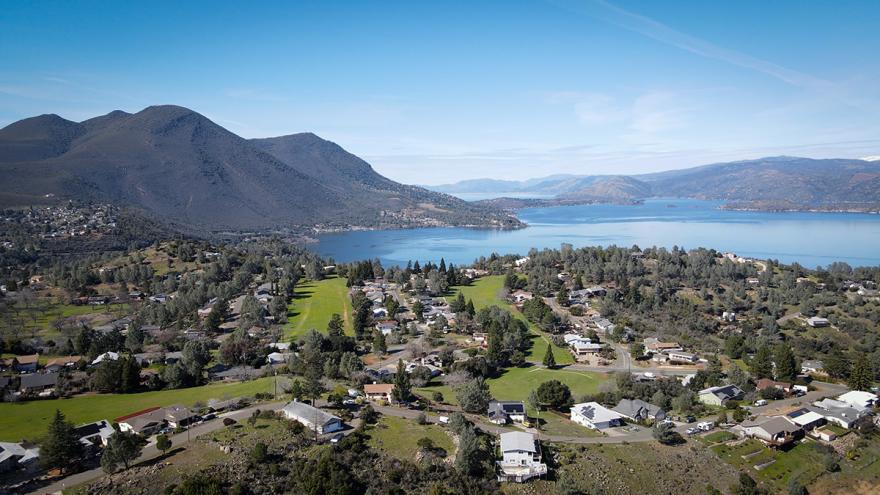
Lake County Leverages Federal Support for Local Action
The Clear Lake Environmental Research Center (CLERC) is utilizing a $9.8 million Community Wildfire Defense Grant from the USFS to give Lake County a much needed boost to reduce wildfire risk. With this grant, CLERC brought together multiple rural fire protection districts to clear overgrown brush from roadsides and support a brush chipping program that assists landowners with vegetation removal from their property. One of CLERC’s foundational principles is to hire local and ensure every dollar stays in the county. This project provides a blueprint on effectively leveraging federal funding to protect high fire risk areas in a way that incorporates place-based expertise and supports local economic growth.
California Leads Nation with 800th Firewise USA Community
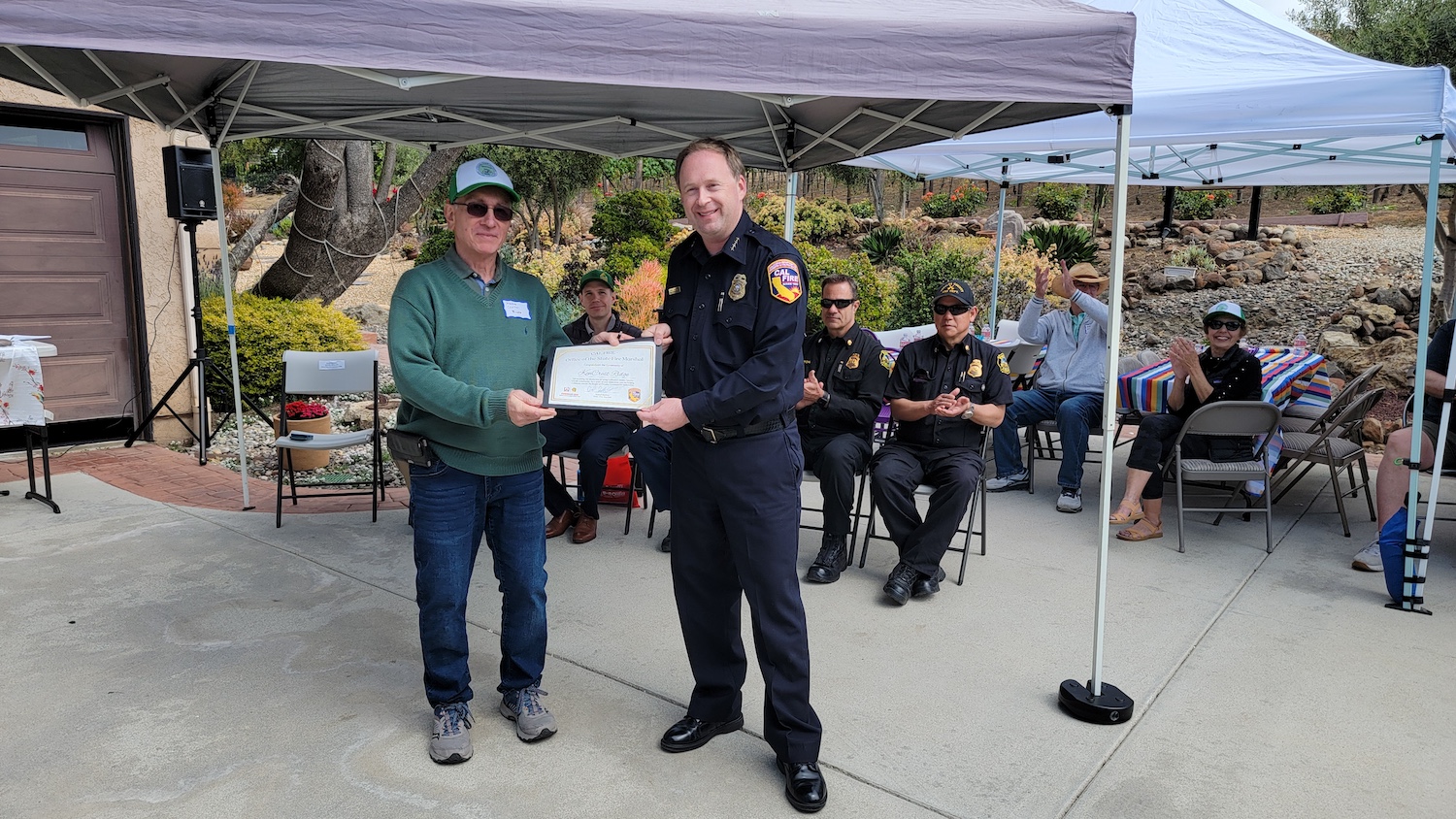
California Leads Nation with 800th Firewise USA Community
On May 18, KenCrest Ridge community in Ventura County became California’s 800th Firewise USA community. Reaching the 800th Firewise community within a year of the 700th community is a major accomplishment statewide, demonstrating the pace California is taking to create more fire-adapted communities. The recognition by the National Fire Protection Association highlights the steps taken by the community to ensure wildfire risk is reduced in their area and that residents are prepared. The KenCrest Ridge community worked closely with CAL FIRE, the Ventura County Fire Department, and the Ventura Regional Fire Safe Council to reach this recognition.
New Pocket Guide Empowers Communities to Collect Seeds and Support Reforestation

New Pocket Guide Empowers Communities to Collect Seeds and Support Reforestation
Seed collection is a critical first step in successful reforestations projects. The new ‘California Cone Hunter’s Pocket Guide’ serves as an in-the-field reference for those assisting with seed surveys and seed collection in support of post-fire reforestation efforts. The pocket guide was created by seed bank managers, geneticists, seed collectors and Cone Corps members, led by the USDA Forest Service, CAL FIRE, and American Forests. The Pocket Guide is available in both electronic and printed formats and will be distributed at Cone Camp seed collection trainings.
Major Investments from USFS and CAL FIRE Reduce Wildfire Risk and Spur Wood Innovations
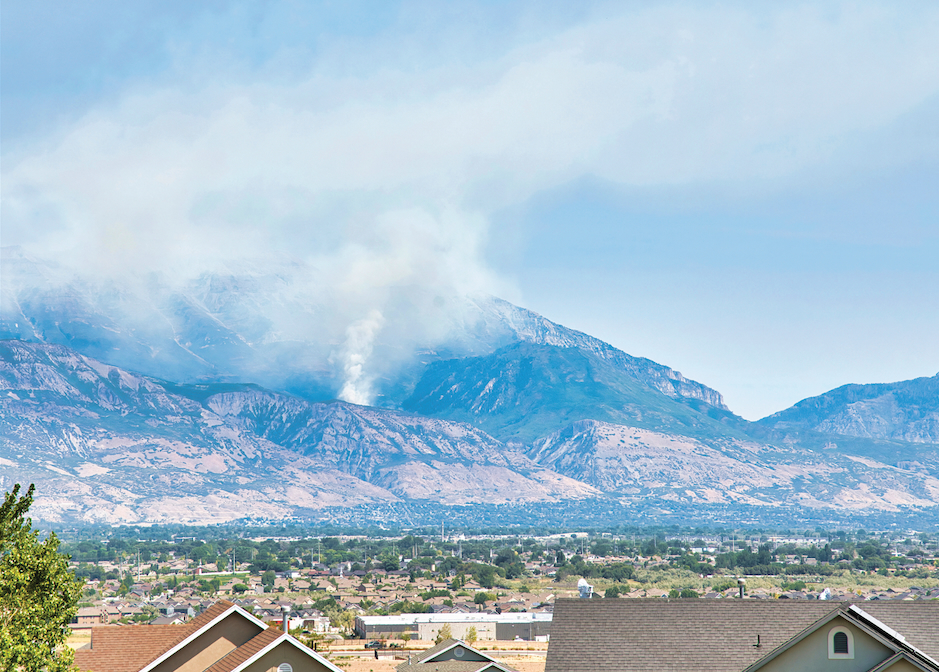
Major Investments from USFS and CAL FIRE Reduce Wildfire Risk and Spur Wood Innovations
California has received a critical boost from State and Federal grants for projects that support community wildfire defense, landscape health, workforce development, and wood products infrastructure. These investments will provide crucial funding for projects that will promote California’s wildfire resilience and climate-forward economy for years to come.
- On May 14 USDA Forest Service announced that California will receive over $40 million in Community Wildfire Defense Grants. The Community Wildfire Defense Grant Program will fund 15 projects across California to assist communities to plan for and mitigate wildfire risks to communities and build critical infrastructure to help confront the nations’s wildfire crisis.
- On May 15, the Forest Service announced Wood Innovations, Community Wood, and Wood Product Infrastructure Assistance funding for 26 projects totaling $12.7 million in California, including three tribal projects. The grants are meant to spark innovation, create new markets for wood products and renewable wood energy from sustainably sourced wood, and increase the capacity of wood processing facilities.
- CAL FIRE recently awarded Forest Health Grants to assist local and regional partners implement projects that span landscapes affected by eight catastrophic fires in the past decade. Beyond ecological resilience benefits, the investments provide jobs and private landowner support, predominantly to rural communities that have been most affected by wildfire.
- CAL FIRE is also supporting the wood products infrastructure with $17 million in Business and Workforce Development grant awards. 20 funded projects will increase capacity for utilizing forest biomass, workforce development and research and development into new uses for forest biomass, increasing the capacity for fuels treatments and helping the State to reach its forest management objectives.
New Online Resources Now Available to Help Prepare for Wildfires
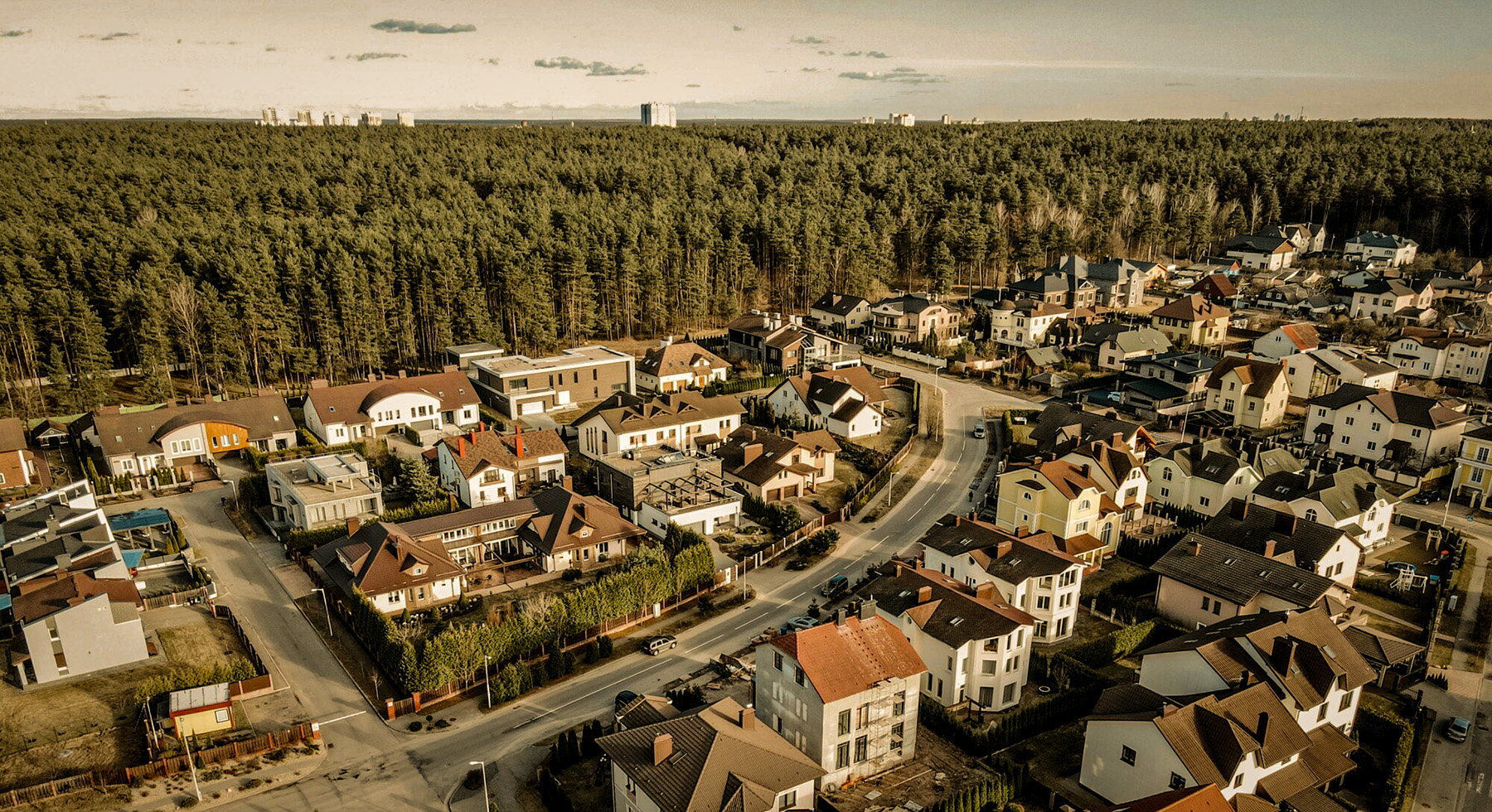
New Online Resources Now Available to Help Prepare for Wildfires
Understanding how best to prepare for wildfire season just got easier with several new, easy-to-navigate online resources that identify low-cost and achievable recommendations to protect yourself, your home and loved ones.
ready.ca.gov: On May 24, Governor Gavin Newsom announced the launch of ready.ca.gov, a new one-stop-shop for Californians to prepare for wildfires and other emergencies. The website is part of Listos California, a state effort that connects communities with resources before, during and after emergencies. The website offers resources and alerts for wildfire and wildfire smoke risks.
firePLANNER: CAL FIRE’s newly updated firePLANNER is a web-based platform that helps residents develop customized readiness plans for wildfire and other emergencies. It also provides information on preparing home and property for wildfire; creating an evacuation plan, including for pets and livestock; and special considerations to keep in mind during a wildfire. Users can also access information on active California wildfires. FirePLANNER is available in both English and Spanish.
wildfirerisk.org: The USDA Forest Service now offers an easy-to-use website to help communities understand, explore, and reduce wildfire risk. It includes interactive maps with the latest data and innovations in vegetation, weather, and fire behavior models, along with updated and improved building footprint datasets, a new funding section to help communities find grants and support for wildfire risk reduction, and a new feature called “Risk Reduction Zones” to help communities see the most effective mitigation activities in different locations.
wildfire defense videos: The Resource Conservation District of the Santa Monica Mountains released a series of wildfire defense videos to serve as an educational hub to provide home-hardening and defensible space information to prepare and defend your property and yourselves against wildfire ignition. The series provides guidance on home hardening, defensible space, fire ecology, and preparedness.
Federal Climate Financial Report Demonstrates Need for Proactive Action on Wildfire Resilience
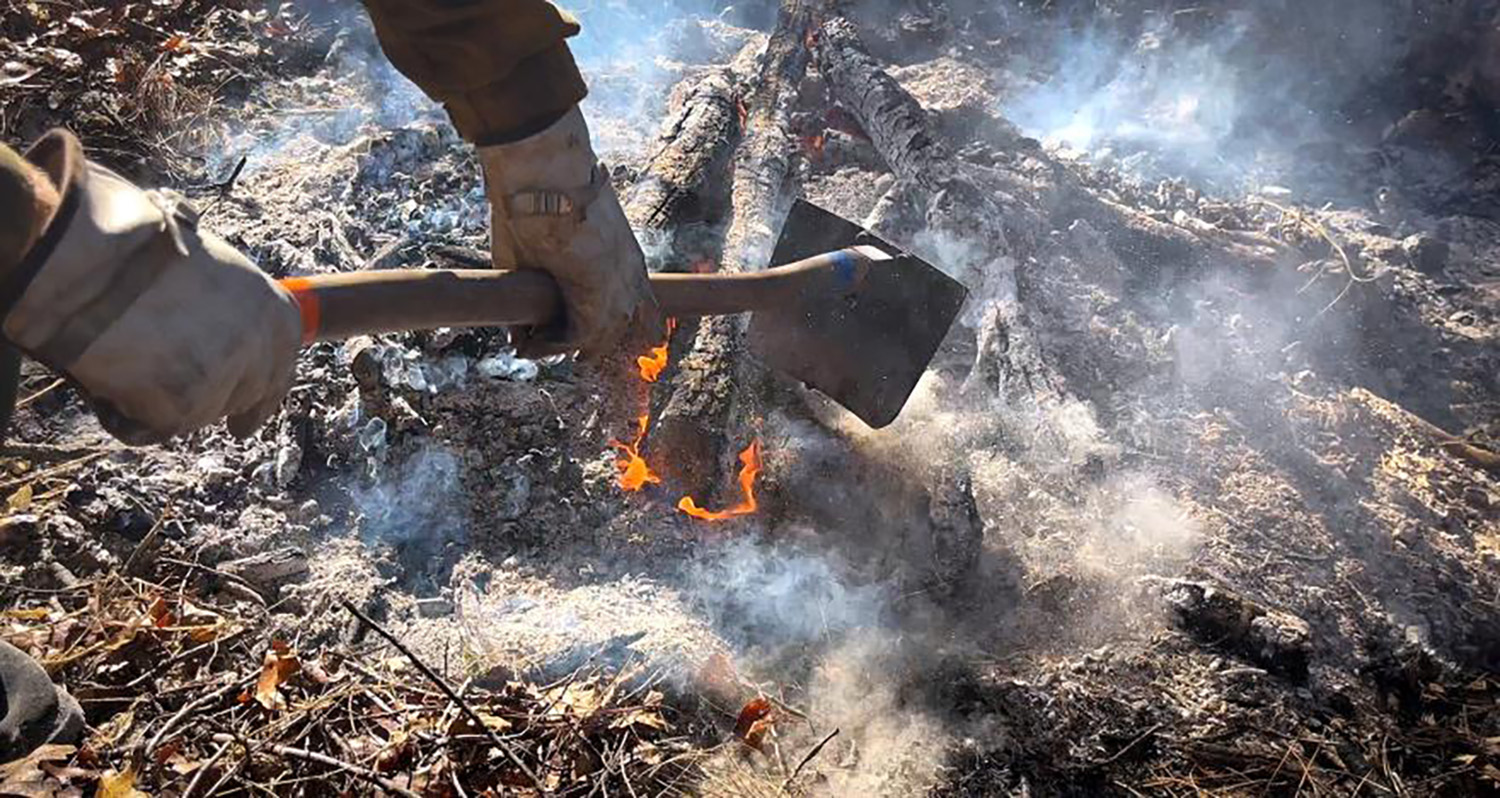
Federal Climate Financial Report Demonstrates Need for Proactive Action on Wildfire Resilience
Over the last decade, suppression has cost the USFS and the Department of the Interior an average of more than $3 billion per year. The Climate Financial Risk report provides estimates for 10 future climate scenarios and a wide range of projections for fire extent and fire suppression spending. A central estimate across the 10 future climate scenarios shows that lands in the National Forest System would experience a near doubling of the area burned by mid-century (2041-2059) and a 42% increase in costs by 2050, to $3.9 billion. Anticipated increased costs of fire suppression due to climate change brings additional urgency to the need for proactive wildfire risk reduction treatments and efforts to protect and prepare communities ahead of wildfires.
Two New Films Showcase Paths to Heal CA’s Relationships with Fire and Watersheds
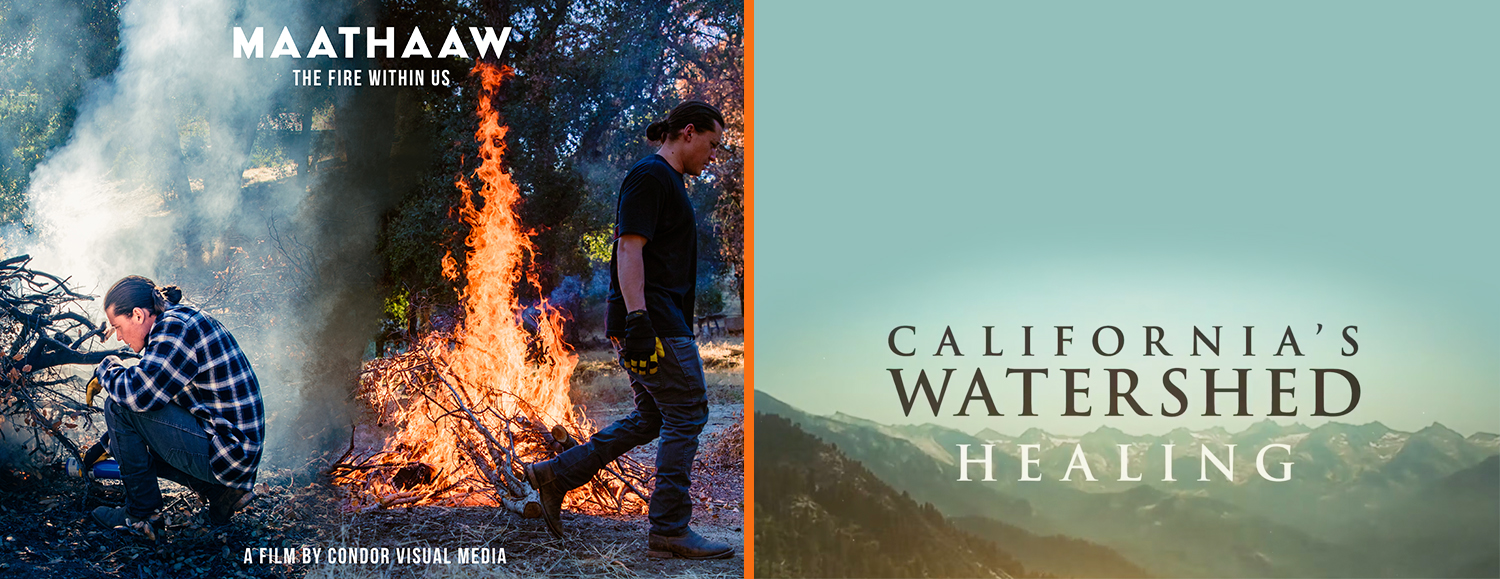
New Films Showcase Paths Forward to Heal California’s Relationships with Fire and Watersheds
MAATHAAW: The Fire Within Us
A powerful, Indigenous-led research documentary created by the Condor Visual Media team with support from the Climate Science Alliance, this film documents the cultural, emotional, and scientific relationships of Southern California Tribes with the gift of fire. The film features cultural practitioners who were part of a panel on Cultural Fire and Indigenous Stewardship at our recent Southern California Task Force meeting. The project is still in production with an anticipated release in Spring 2024. However, you can watch the informative and inspiring 12-minute extended trailer now! Learn more about the project and donate here.
California’s Watershed Healing
Documenting how restoring forests to healthier densities has cascading benefits starting from headwaters to watersheds and ultimately to the state’s water supply, this beautiful film features an array of Task Force partners and makes a compelling case for California to better align goals for forest, wildfire, watershed, and landscape resilience. The full-length film created by UC’s Center for Ecosystem Climate Solutions and the nonprofit Chronicles Group is available to watch here.
